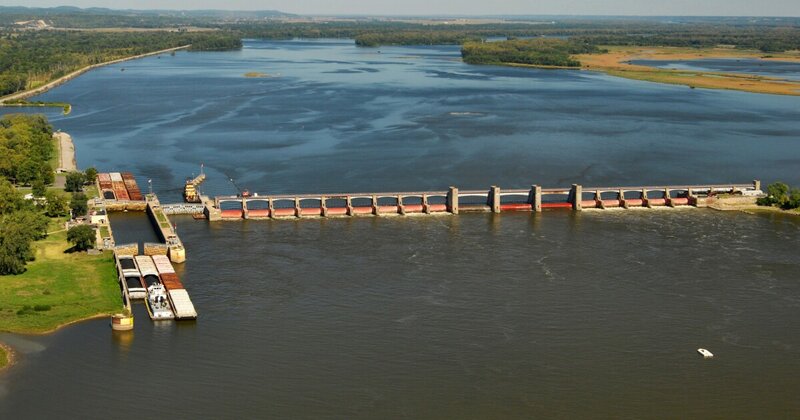The ways climate change affects the Mississippi River have become undeniably more pronounced in recent years.
Floods are lasting longer and carrying more water than before, and droughts are becoming more intense. There's also a loss of habitat and biodiversity, said Olivia Dorothy, a restoration director for American Rivers, whose work focuses on the Mississippi.
“There is this flipside that we are starting to learn a lot more about, and that is: How does the alteration of river systems actually contribute to climate change?” she said.
It’s a newer consideration for environmentalists, who previously thought that river systems were relatively benign and don’t contribute many greenhouse gas emissions, Dorothy said. That perspective is changing now as new research demonstrates that reservoirs behind dams can release lots of methane, a potent greenhouse gas, she added.
“We have these really large methane reserves that are behind these dams,” Dorothy said. “As we do things like dredging or any kind of disturbance, as water fluctuations change, those methane bubbles come up to the surface and are emitted into the atmosphere.”



 Climate Change
Climate Change Water
Water Environment
Environment Southern Illinois University – Carbondale
Southern Illinois University – Carbondale


